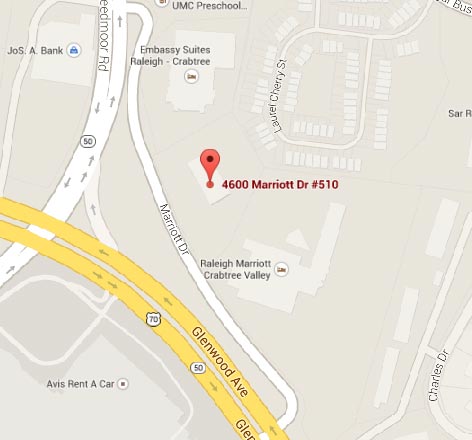State Board of Education Chairman Bill Cobey and N.C. Agriculture Commissioner Steve Troxler hosted a study visit Thursday, Sept. 18, at the Tidewater Research Station to showcase the state’s first regional school, the Northeast Regional School of Biotechnology and Agriscience. Joining Cobey and Troxler to learn more about the innovative school were state Senate Majority Leader Harry Brown, local legislative representatives Sen. Bill Cook and Rep. Paul Tine and local business and community leaders.
Now in its third year, the Northeast Regional School opened in 2012 as a partnership among N.C. State University, the State Board of Education, five northeastern rural school districts and NC New Schools. The school also enjoys strong support from the N.C. Department of Agriculture and Consumer Services. The school currently serves 165 students in grades 9-11 from Beaufort, Martin, Tyrell, Pitt and Washington counties. It ultimately will enroll up to 500 students in grades 7-13 from the five partner districts.
L to R: Northeast Regional School Board Chair David Peele, State Board of Education member Becky Taylor, NC Agriculture Commissioner Steve Troxler, Sen. Bill Cook, Sen. Harry Brown, State Board of Education Chairman Bill Cobey and Rep. Paul Tine.
Cobey praised the school as a pioneer for the future and a regional approach to education in the state.
“Through this regional school, we are transforming how education is delivered in the information age,” Cobey said. “To compete in this world, our students must be better educated.”
Troxler said the school is a perfect fit in a state where advances in agricultural research promise higher yields for farmers and greater opportunities for young people.
“This school was a natural fit for us,” Troxler said. “Over time through agricultural research, we have seen increases in the number of people who can be fed by one farm. Agricultural research has moved us from one farm feeding one family to one farm feeding 155 people on average.”
David Peele, president of Avoca Farms and local business leader, called the school a beacon in the area.
“Employers are looking for people who can think and solve problems,” Peele said. “Problem based learning is a key in developing those skills. This school opens doors to industries other than agriculture as well — engineering and more.”
Paige Davis, a Beaufort County farmer who has a sophomore in the school, said it shows students what’s unique in the culture and resources of the area.
“It’s growing the future leaders for eastern North Carolina,” Davis said.
Visiting leaders got a first-hand look at the kind of teaching and learning students are experiencing through the school’s relationship with agricultural researchers.
“We engage in more creative thinking,” said Jordyn Gray, a freshman from Martin County. “We are always working together, allowing us to build more collaborative skills. We can learn from different sources, not just from our teacher.”
The visitors also discussed opportunities and challenges for the school, including state funding and facilities.
“I’m impressed by what’s going on here,” Cobey said. “We need a classroom, lab building here on this campus. It will take private funds and public funds. If I were in legislature, I would want a proposal about what’s needed – perhaps combining with what can be raised locally.”
Tony Habit, president of NC New Schools, said the effort will pay significant dividends – both for the future economic development of the region and for students.
“Carving a new path is never easy,” Habit said. “We can agree with the vision of this school and extending a new opportunity for these students. The school is designed around the notion that science and technology are transforming the world in which we live.”



















